The term ‘Witch-Doctor’ is both broad and controversial, colloquially used to identify traditional African healers – of which there are over 75,000 in Tanzania alone. For starters, the term doesn’t originate from Swahili. Its roots are colonial and have historically enforced the stereotype of African exoticism in recent years.
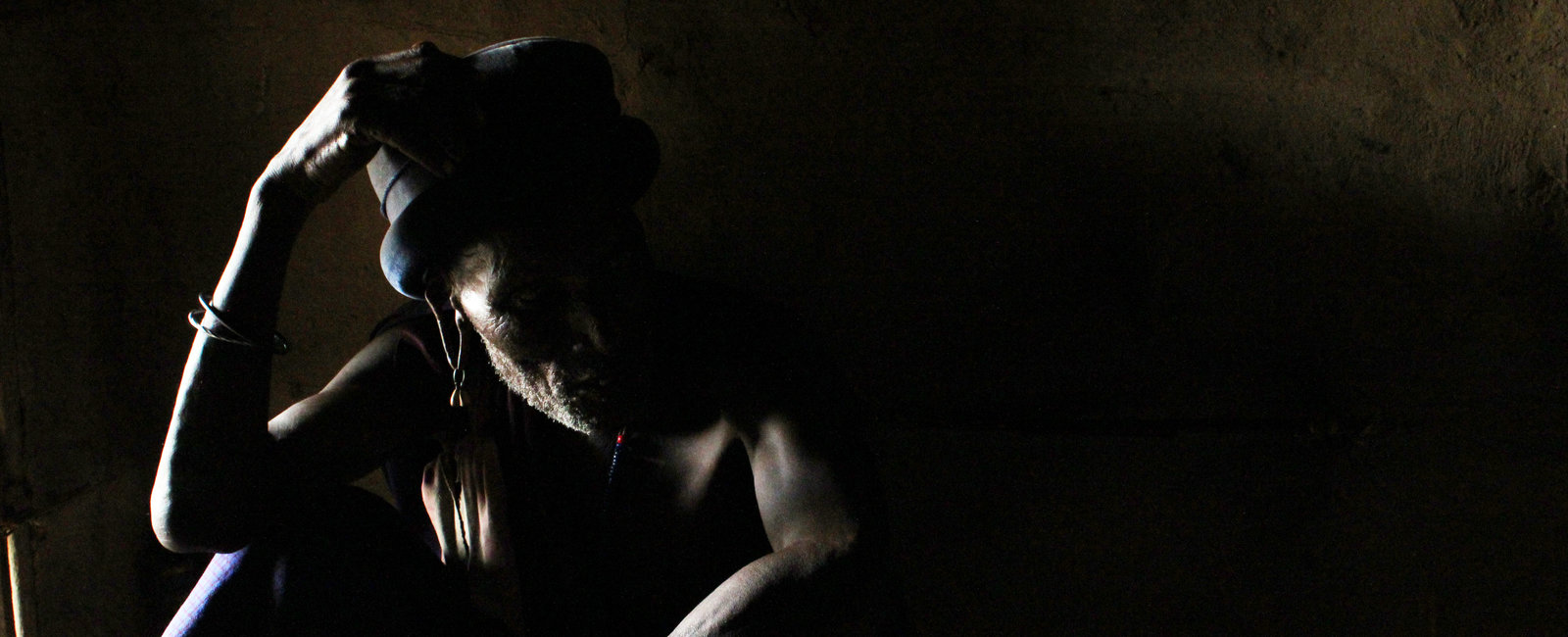
The variety of individuals and rituals that are contained under this title, including professional herbalists, village ‘Babu’s’ (meaning ‘grandfather’ in Swahili) and soothsayers for the superstitious are often bypassed by Western media. Each individual will differ in what they claim to heal – whether it be purely physical, spiritual, or both – and how they do so. They are by no means a united front, and some healers will look down on others who appeal to their patient’s desire for prosperity, or engage in what some might consider darker acts to bring about good fortune.
THE VILLAGE BABU
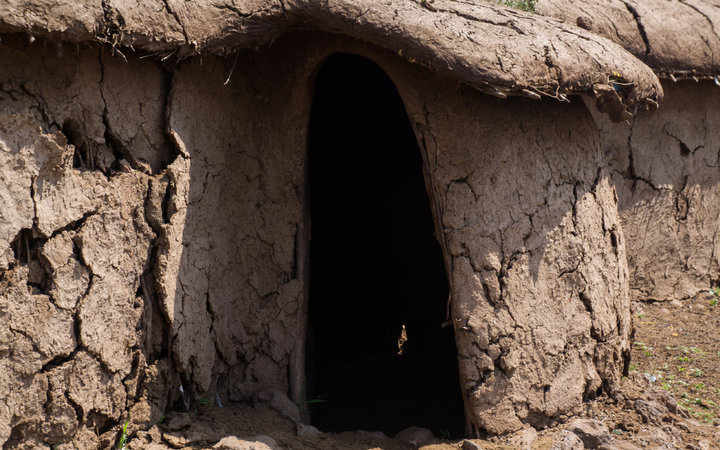
In Tanzania, most rural villages have their own Babu – a healer who often lives in a hut set away from the community. He or she is the primary port of call for any ailment of the body or mind for anyone in the village, and often before the patient seeks more modern medical advice elsewhere.
Despite possessing a vast knowledge of local plants and herbs, the basis of the Babu’s healing is always grounded in the supernatural. Divination is sometimes used as a diagnostic tool, and Babu’s often report being visited by ancestors or spirits in dreams who reveal medicinal recipes.
This spiritual element of their practice is precisely what gives them local credibility amongst a community who share this awareness of, and respect for, the spiritual realm.
TRADITIONAL HERBALISTS
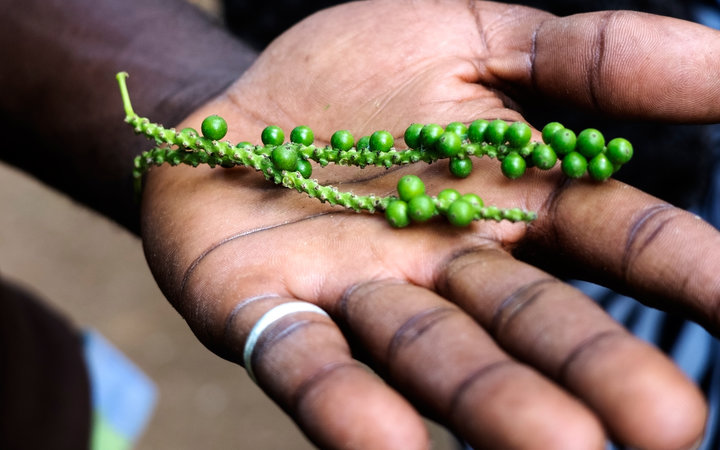
On the other hand, government-certified communities of Tanzanian herbal practitioners also exist.
Members of the Traditional Healers’ Organisation have reported fear of being ‘tarred with the same brush’ as more spiritually led healers – specifically those with more sinister motives featured by global media in recent times.
WESTERN MEDICINE VS TRADITIONAL HEALING
There are many reasons why Tanzanians might choose to visit a local or traditional healer before visiting a hospital or clinic.
For starters, they’re usually cheaper than Western medicine, and easier for those who live in rural villages to access than city hospitals.
Secondly, Western medicine has only relatively recently been integrated into Tanzanian culture – making it novel and subject to scepticism in some areas of the country. On the other hand, traditional practices which tie into spiritual beliefs have pervaded African culture for thousands of years, and now represent a heritage handed down by generations as a way of healing ailments.
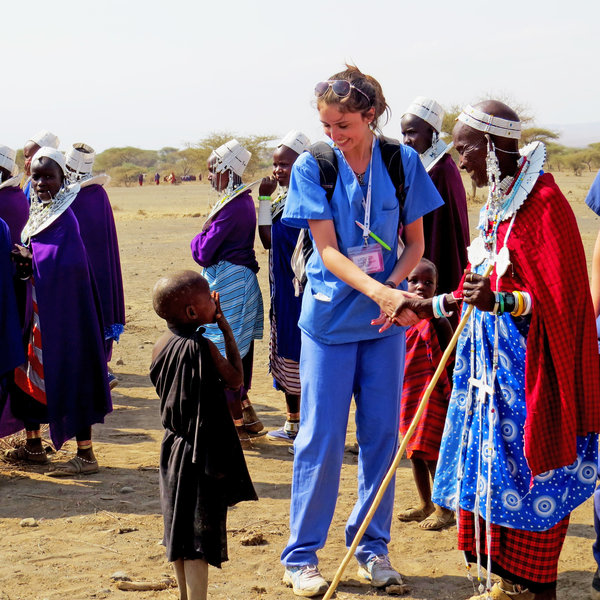
If you take your placement in Tanzania, you’ll have the chance to visit a local Babu and see rural traditions in action. Choose your area of study to get started.

Electives in Africa
If you want to find out more about our electives in Africa, get in touch with our expert team via our short enquiry form.
If you want to find out more about our electives in Africa, get in touch with our expert team via our short enquiry form.
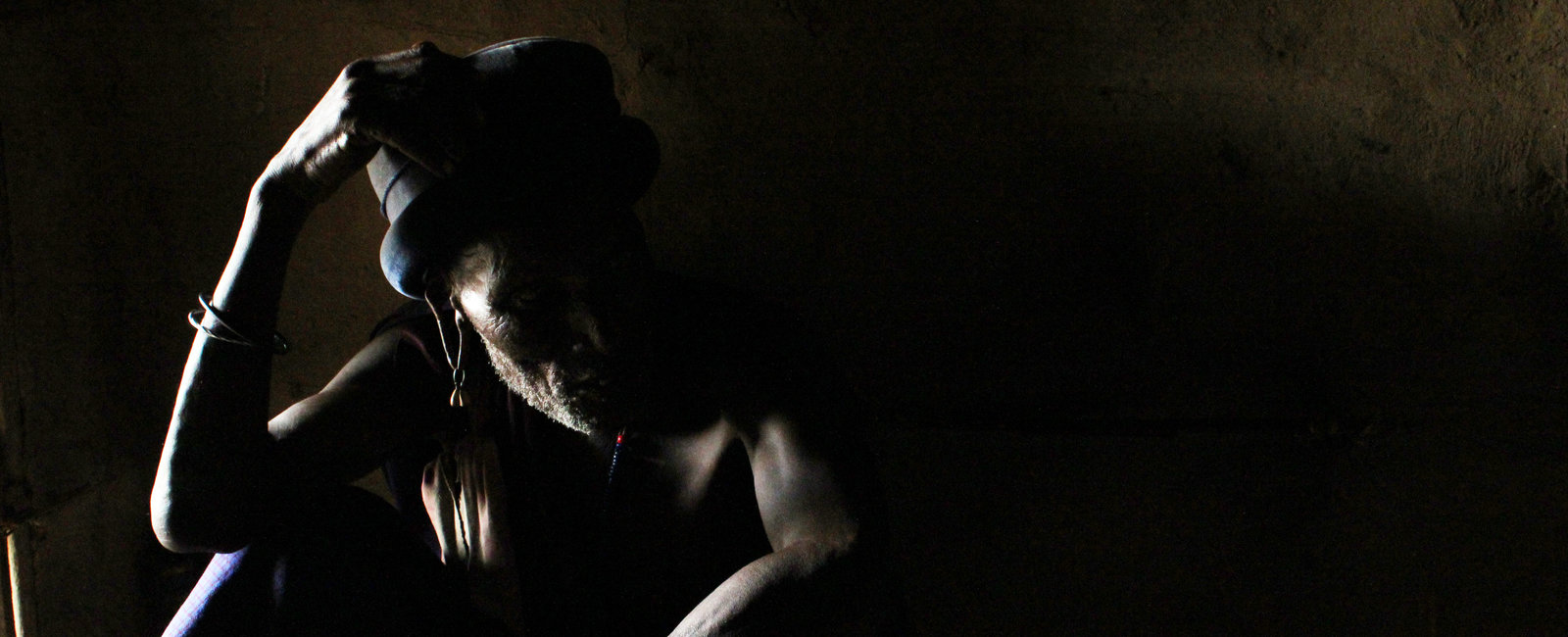
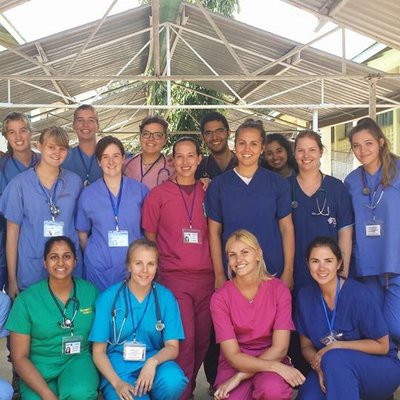
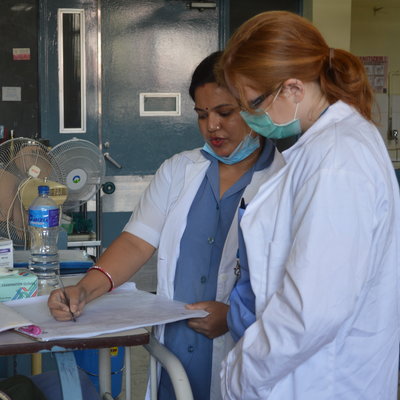
.jpg)





